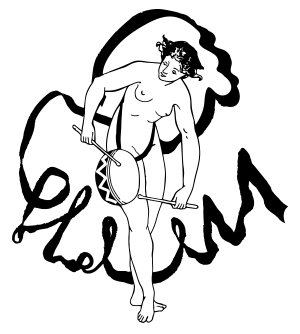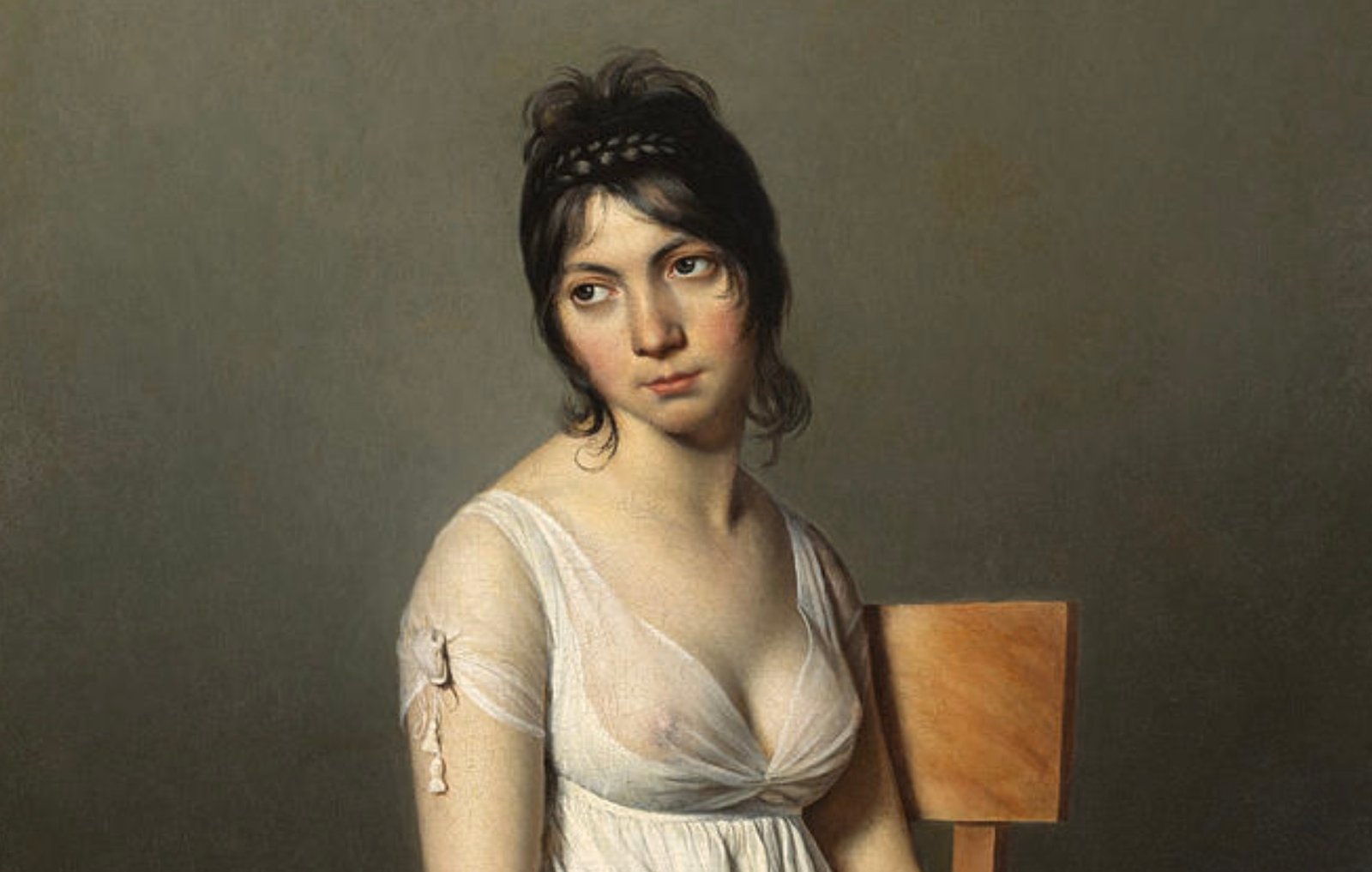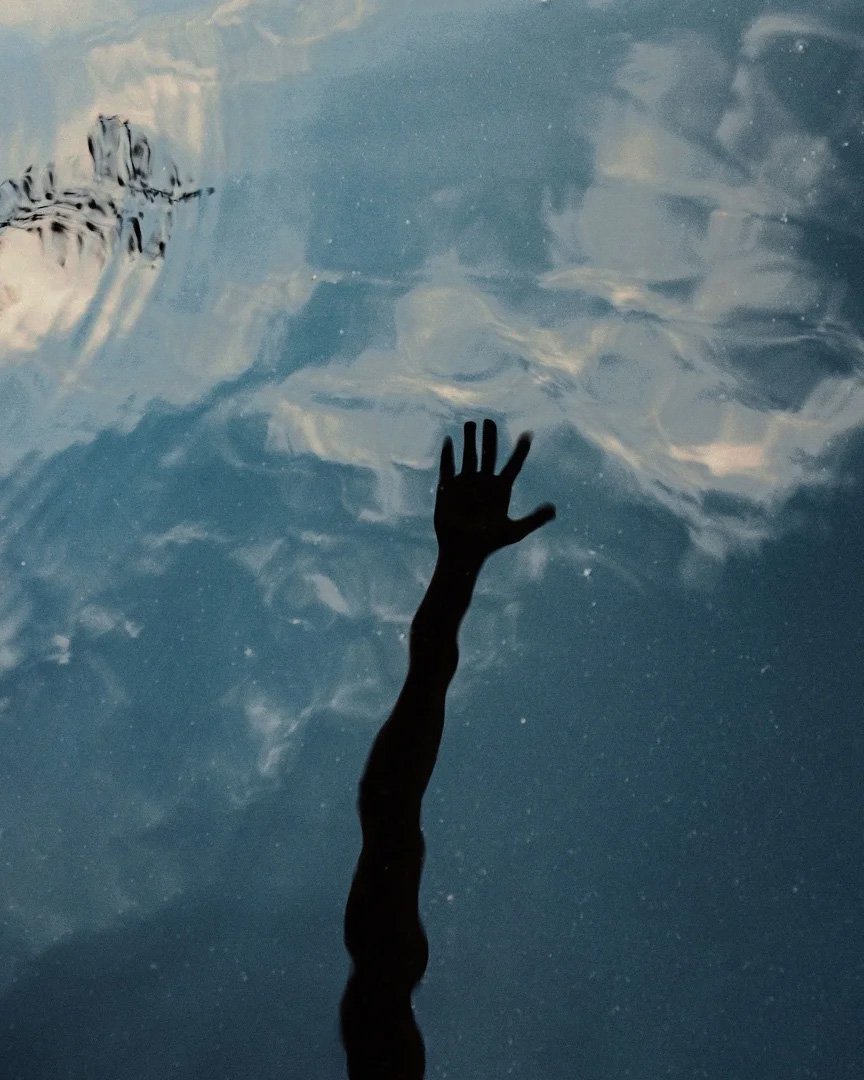1. How does the place you’re from, influence your work?
The part of Colorado I grew up in is kind of paradox: a lot of it feels like you’re nowhere in particular, big box stores, parking lots, and chains. But then the nature around it is incredibly specific. The delicacy of a plains habitat shifting suddenly into pine forest, the way species appear or disappear at those transitional boundaries. It taught me to question the reality of the built world, and think more seriously about the kinds of life that exist at our margins.
—That reminds me that you describe beauty products as an anonymous scent that makes one smell like a person but not like any person in particular.
One of the effects of our present configuration of capitalism is that we approach our identity as something that is authentic and innate, but expressed largely through buying decisions. We’re told that there’s something about us that’s particular, but that we have to bring it out through choices in hair, makeup, clothing, lifestyle.
Those four categories mostly involve collaboration with existing brands and outlets—and since the consumer relationship is radically open now, constrained by financial factors but not geography or scarcity, you represent a configuration of identity choices, a longitude and latitude that can be shared or stolen by someone else. I’m interested in that last possibility, how easy it can be to grow into someone else’s image or to have someone else intrude on your own. To make yourself visible is to open yourself up to that possibility.
2. Many attempts have been made to define a direction for the novel after Proust and Joyce. The New Novel (nouveau roman) was one. There was also Claude Mauriac who made the term “aliterature” which he called “literature freed from the hackneyed conventions which have given the word a pejorative meaning” and defines modern literature as originating with Kafka. Do you see a continuation in the pathways that these men and women have taken, a kind of history of the novel and where are we in that history?
I think a lot of the techniques that were considered experimental today because they were radical experiments centered around the idea of the individual, self-contained, internal monologue of actual human beings. We’ve pushed some formerly avant-garde techniques (stream of consciousness, montage, multiple narrators) into the representation of these characters, but the project is still, I think, to decenter this traditional individual and find out what else a story can be.
3. When reading You Too Can Have A Body Like Mine, I get the impression that you’re drawing our attention to some of these specific views in society, perhaps about our bodies, that need to be changed—are you an advocate of political activism or do you believe one finally learns to adapt to one populism or another in the effort to bring about change?
I think there are a lot of things that need to be changed, and I believe in political activism—but in the book, I don’t think I’m positing that they need to be changed.
A cultural milieu is difficult to change—it exists across and within all of us, and there are few external pressure points that you can agitate to bring about change.
“Don’t treat yourself like a product” is a fine thing to say, but what does it mean to say it in a world where the underlying causes are more structural and more deeply ingrained than most activism can address? We can’t agitate for change in our psychology the way we can agitate for change in the environment, but in changing our environment, we can change our psychology.
4. Sartre made a distinction between “committed writing” which is politically active, and poetry which can be treated more like painting and sculpture, admired without needing to discuss its specifics. A work that is “committed” is more likely to cause people to strongly like or dislike it. Do you agree with that idea, seeing yourself as leaning towards one of those categories?
I think that all writing is political in that it posits a version of the world that makes certain things visible, renders other things invisible or pushes them out of the frame, posits ideas about what a person is and what they can achieve or experience in the world.
If there are things in your world that you don’t like seeing in literature, for example social media or text messaging, what does it say the type of world you’d prefer to live in? Or about how you spend your time? Or about what types of connection and growth you believe you can experience through the circumstances you are embedded in? There’s no representation of reality that is purely factual and therefore objective, and Realism is the sneakiest term of all.
5. What do you see as the most defining characteristic in the future of literature?
I think the literature of the future will have to admit that the world we live in is no longer a place where we can pretend that human beings act out stories against a passive, unchanging world background. Any novel that takes place in a world without ecological degradation and climate instability is a piece of speculative fiction.
Text by Alexandra Kleeman
4. AUGUST. MMXXV. PLUM
SUBSCRIBE,
SAVE,
LIKE (8),
SHARE: COPY PERMALINK




